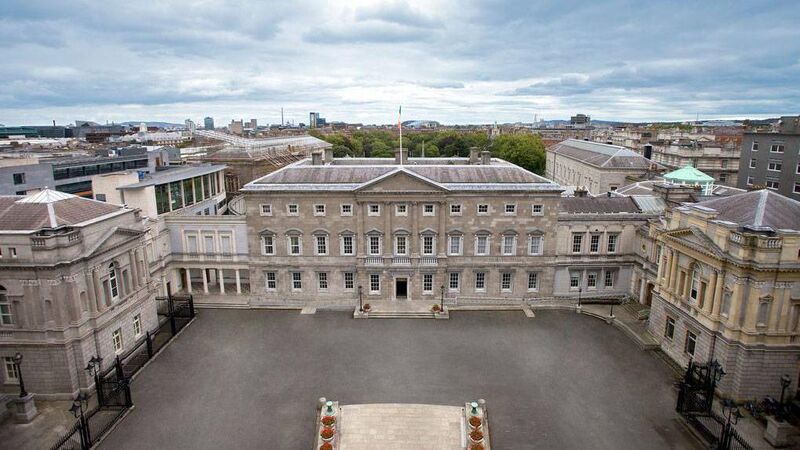Abuse of politicians 'driven by misogyny, sexism, racism and intolerance', report finds

A dedicated Garda team should work to ensure adequate security is in place at Leinster House, report recommends.
Election candidates should have the option not to have their home address published and a dedicated Garda team should work to ensure adequate security is in place at Leinster House, a high-level report has recommended.
The draft report of the Taskforce on Safe Participation in Political Life has said abuse in political life is “prevalent, problematic and is targeted disproportionately at women and minority groups”.











